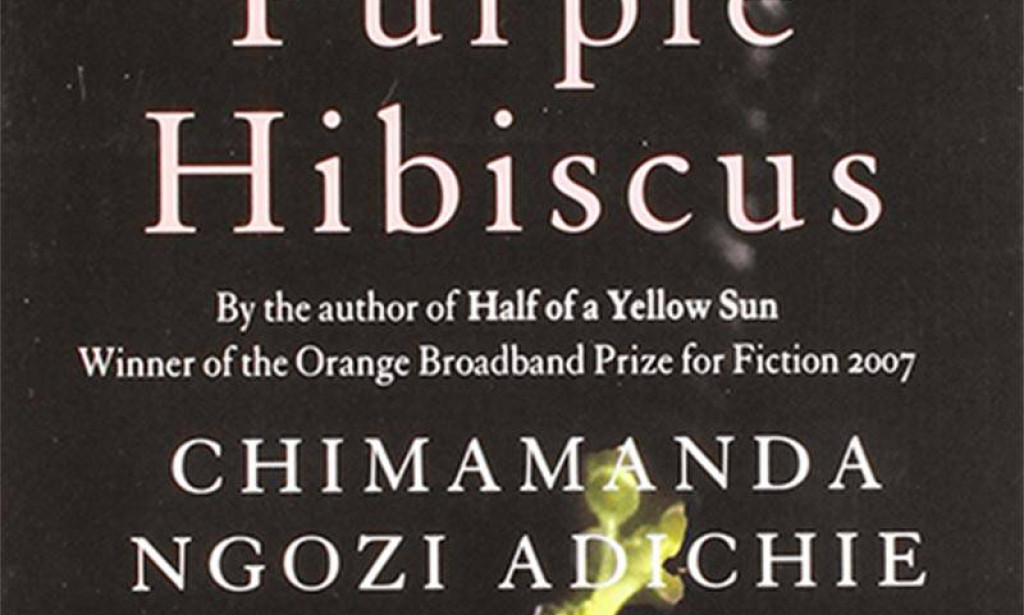This book is a literary masterpiece that dissects into the normal life of the contemporary Nigerian family.
Published in October 2003, it follows the story of Kambili Achike, who narrates the circumstances surrounding her family after her brother, Jaja, refuses to receive the First Holy Communion on Palm Sunday.
Told from the viewpoint and narrative of Kambili, the story line reveals the nature of the Achike family. Kambili is a 15-year-old daughter of Eugene and Beatrice, and a younger sibling of Jaja. Their home is dominated by her fanatic Catholic father, who is also a wealthy businessman. He imposes a strict religious regime in his home.
But he is also abusive (physically and psychologically) as a father and a husband, which leads to beating his two children also leading to the miscarriages of his wife’s pregnancy, on two occasions.
Ifeoma is the only sister of Eugene. A Catholic herself, she works as a lecturer in the University of Nigeria, Nsukka. Despite the death and absence of her husband, she creates a much happier environment for her three children than does her brother. The role she plays in the book is significant.
Things changes in the Achike household after Kambili and Jaja returns from from Aunty Ifeoma’s house in Nsukka. There, she comes in contact with Father Amadi, a Catholic priest who she becomes sexually attracted to. Being in Aunty Ifeoma’s opens her eyes to real family relationship and faith, unlike the one she’s being raised. She also encounters Papa-Nnukwu, her paternal grandfather, who Eugene abandons because he refused to leave his traditional religion and embrace Christianity.
Eugene gets information that his children had dined with his heathen father, and for not telling him, he punishes them, and he forces Kambili to stand in a tub of boiling water. What a terrible way to correct an adolescent!
This experience and more emboldens her brother, Jaja, and he does not attend the Communion on Palm Sunday describing the substance as a "mere white wafer". This new attitude distresses Eugene. And suddenly, Eugene is pronounced dead. How? According to autopsy reports, he has been poisoned.
Beatrice confesses that she has been feeding Eugene poison, and when the police arrives, instead Jaja confesses to the crime.
Three years later, Kambili and her mother head for the prison to visit Jaja, and are notified that he would be released after more than 30 months of imprisonment.
The book touches the themes of family; faith and religious hypocrisy and fanaticism; domestic violence; oppression and freedom; identity and love and identity; the effects of colonialism and foreign influences.
This debut novel from Chimamanda Ngozi Adichie is a treasure. One of the literary device in this book is that it made use of "suspense". Hardly would you read a chapter that you would not peep into the next chapter to see how the plot would keep unfolding. Also, this book is recommended for students who are passionate about building their vocabulary as it contains scintillating words that will make your mastery of the English language intellectually strong.



You must be logged in to post a comment.